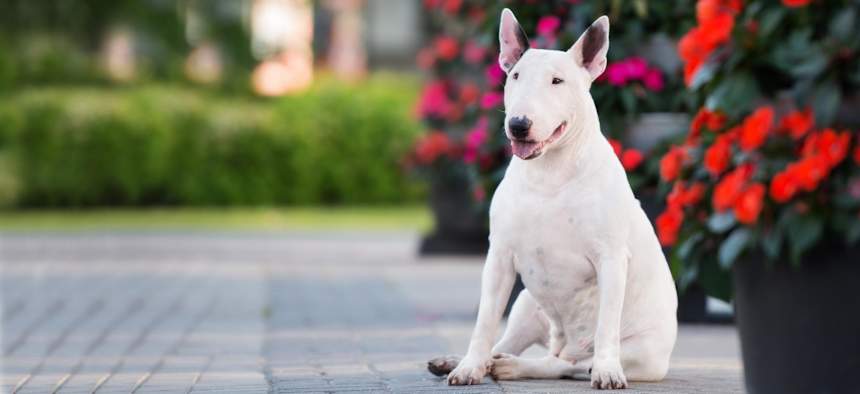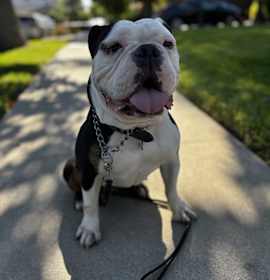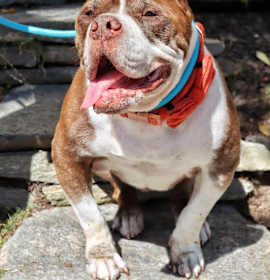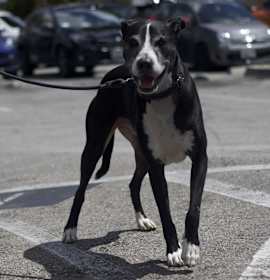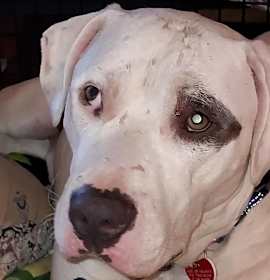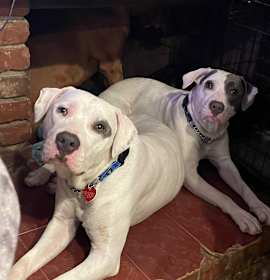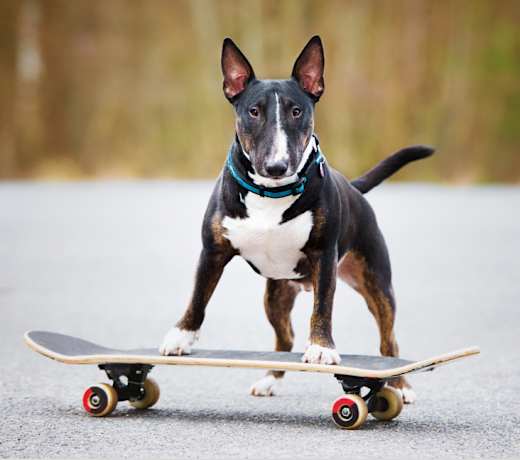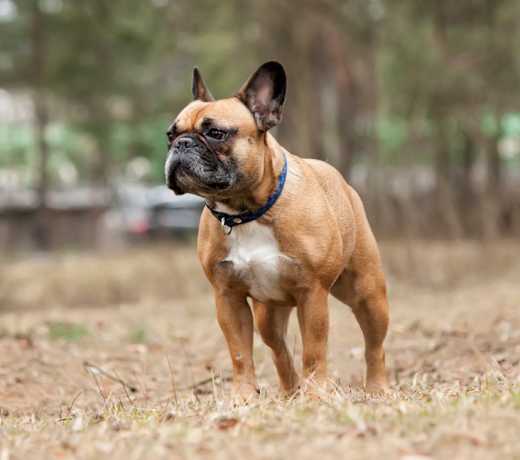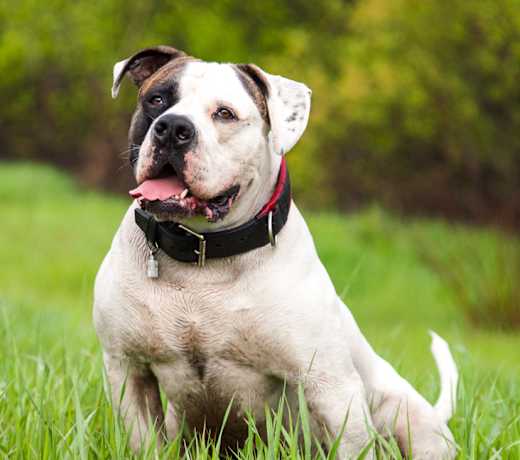Yes, Miniature Bull Terriers shed. Despite their short, sleek coats, Miniature Bull Terriers still shed a moderate amount. Occasional baths and brushing with a hard-bristled brush at least once a week can help remove excess hair.
These dogs might not be a good fit for allergy sufferers as they are not a low-shedding or low-dander-producing breed. If you have allergies to pet dander and would like to adopt a Miniature Bull Terrier, spend some time with this breed beforehand to assess how your allergies are affected.
